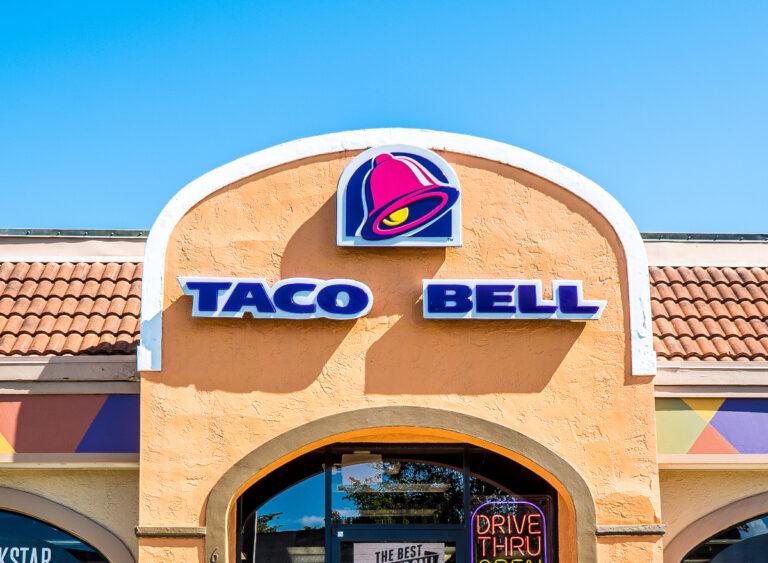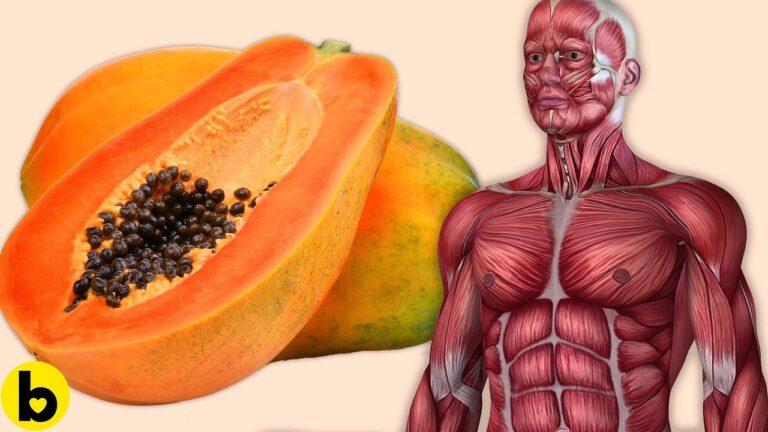Without a doubt, diet and lifestyle form the foundation of a healthy gut. Beyond this, supplements can work synergistically to support gut health and maintain proper digestive function.
Most physicians will agree that the number of patients complaining of GI discomfort and other more serious issues is on the rise. In many cases, these issues can be attributed to high levels of ongoing stress, a diet comprised of increasingly processed foods, less physical activity, and living in an overly sanitized environment.
If you or a loved one are experiencing gut distress, it’s critical to understand the underlying causes. From there, incorporating supplements can support the healing process.
what are common gut issues, and why are they on the rise?
Poor gut health can manifest as discomforts associated with digestion, from trouble going to the bathroom to loose stools, abdominal tension, bloating, or excessive gas. However, less obvious problems that could be linked to the gut include brain fog, head discomfort, food sensitivities, mood imbalances, and trouble sleeping, among others.
Several modern lifestyle factors have significantly contributed to this rise in gut issues. Studies show that stress has a major impact on gut health, including gut microbiota composition (“good” versus “bad”) bacteria.[1] The gut also has bidirectional communication with many organ systems, including the endocrine system, immune system, and all branches of the nervous system. This is why many integrative doctors look to the gut when trying to uncover the root causes of neurological, mood, and immune dysfunction.
Other modern realities that can contribute to poor gut health include a diet high in processed foods, a sedentary lifestyle, and reduced exposure to non-pathogenic bacteria.[2]
best supplements for gut health
Along with supporting gut health through foods, exercise, and stress management, the following seven supplements can support different types of gut problems. It’s important to note where in the gastrointestinal tract you feel discomfort, as this helps to determine what the issue might be and which supplements can help.
Bitter foods or a tincture of bitters work to promote stomach acid and enzyme production. If your gut issue is rooted in the stomach, including bitters or another HCL-promoter can help. Signs this might be the case are if you feel discomfort, bloating, or gas within 15-20 minutes of eating.
Taking a bitters tincture ten minutes before a meal can support this GI discomfort. Other alternatives that work similarly include apple cider vinegar or lemon juice.
digestive enzymes
Digestive enzymes are small proteins that break down foods by acting on specific molecules. For example, lactase helps break down milk sugar (lactose), and lipase enzymes break down fats. The pancreas makes the bulk of digestive enzymes, but others are located near the lining of the small intestine.
If your body lacks proper digestive enzymes, it’s crucial to know why. Underlying causes might be an imbalance of gut bacteria, intestinal permeability, food allergies, or stress. Ideally, you’ll first get to the root of what’s causing your issue and, if necessary, choose an appropriate digestive enzyme supplement. Some enzyme products also include HCL, which is helpful if you have low stomach acid levels.
Speak with your integrative doctor about digestive enzymes if you have issues such as bloating, gas, discomfort after eating, reflux, loose stools, trouble going to the bathroom, or undigested food in your stools.
Carminatives are herbs containing certain volatile oils that aid digestion. They are beneficial for gas, spasms, tension, and motility. Common options include fennel, fenugreek, ginger, chamomile, peppermint, and valerian. You can make these as a tea or take them in tincture or capsule form for higher dosages as recommended by a practitioner.
If the gut is generally inflamed, aloe supplementation can be soothing. Research shows that aloe can be especially helpful with increasing bowel motility, promoting regular bowel movements, and improving GI comfort.[3] Aloe in high doses can increase the water content inside the intestines, creating a laxative effect. It’s best not to depend on any laxative long-term, but aloe can be helpful short-term support as you work to resolve the root cause.
l-glutamine
L-glutamine is an amino acid—the building blocks of protein necessary for blood sugar regulation. It is considered conditionally essential, and while the body can sometimes synthesize adequate amounts, it must often be obtained from foods like meat, dairy, eggs, beans, tofu, and leafy vegetables. For most people, it is possible to get enough L-glutamine from foods.
This amino acid is used supplementally to lessen sugar cravings and improve gut health. L-glutamine is a fuel source for small intestine cells, helping them repair and recover from damage. L-glutamine even supports healthy levels of inflammation.
probiotics and prebiotics
Probiotics are live microorganisms naturally occurring in the gut. They play many roles in maintaining immune health and overall homeostasis and are available as supplements and whole foods. The GI tract is teeming with trillions of diverse bacteria—probiotics are the beneficial bacteria in the gut.
Prebiotics are non-digestible carbohydrates naturally present in certain high-fiber foods. Like other types of fiber, they pass through the upper GI tract without being digested, then move to the small intestines, where they are fermented in the colon by bacteria. Prebiotics are food for the good bacteria living in the gut.
Probiotics are commonly taken as a supplement for higher dosing and can be obtained from fermented foods. Prebiotics are best obtained from food sources, particularly Jerusalem artichoke, garlic, onions, asparagus, green bananas, and green plantains.
Whether or not you struggle with digestive discomfort, adopting habits and taking supplements for gut health supports every body system. A healthy gut works hand-in-hand with the rest of the body to keep you healthy, and many modern-day stressors make gut health maintenance challenging. Choosing the right supplementation to ensure proper digestion and assimilation of nutrients has a ripple effect on overall wellbeing.
[1] Madison A, Kiecolt-Glaser JK…diet, and the gut microbiota: human-bacteria interactions at the core of psychoneuroimmunology and nutrition. Curr Opin Behav Sci. 2019 Aug;28:105-110. doi: 10.1016/j.cobeha.2019.01.011. Epub 2019 Mar 25. PMID: 32395568; PMCID: PMC7213601.
[2] Ejtahed HS, Hasani-Ranjbar S, Siadat SD, Larijani B. The most important challenges ahead of microbiome pattern in the post era of the … J Diabetes Metab Disord. 2020 Jul 3;19(2):2031-2033. doi: 10.1007/s40200-020-00579-0. PMID: 32837956; PMCID: PMC7332307.
[3] Hong SW, Chun J, Park S, Lee HJ, Im JP, Kim JS. Aloe vera Is Effective and Safe in Short-term…A Systematic Review and Meta-analysis. J Neurogastroenterol Motil. 2018 Oct 1;24(4):528-535. doi: 10.5056/jnm18077. PMID: 30153721; PMCID: PMC6175553.
This content was originally published here.




















